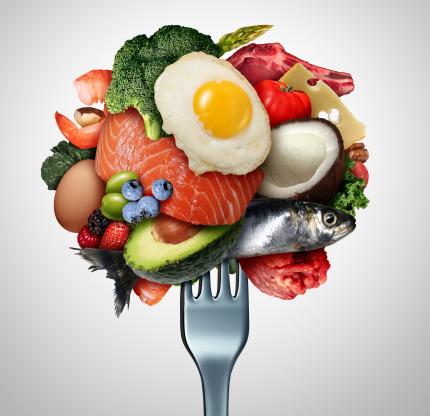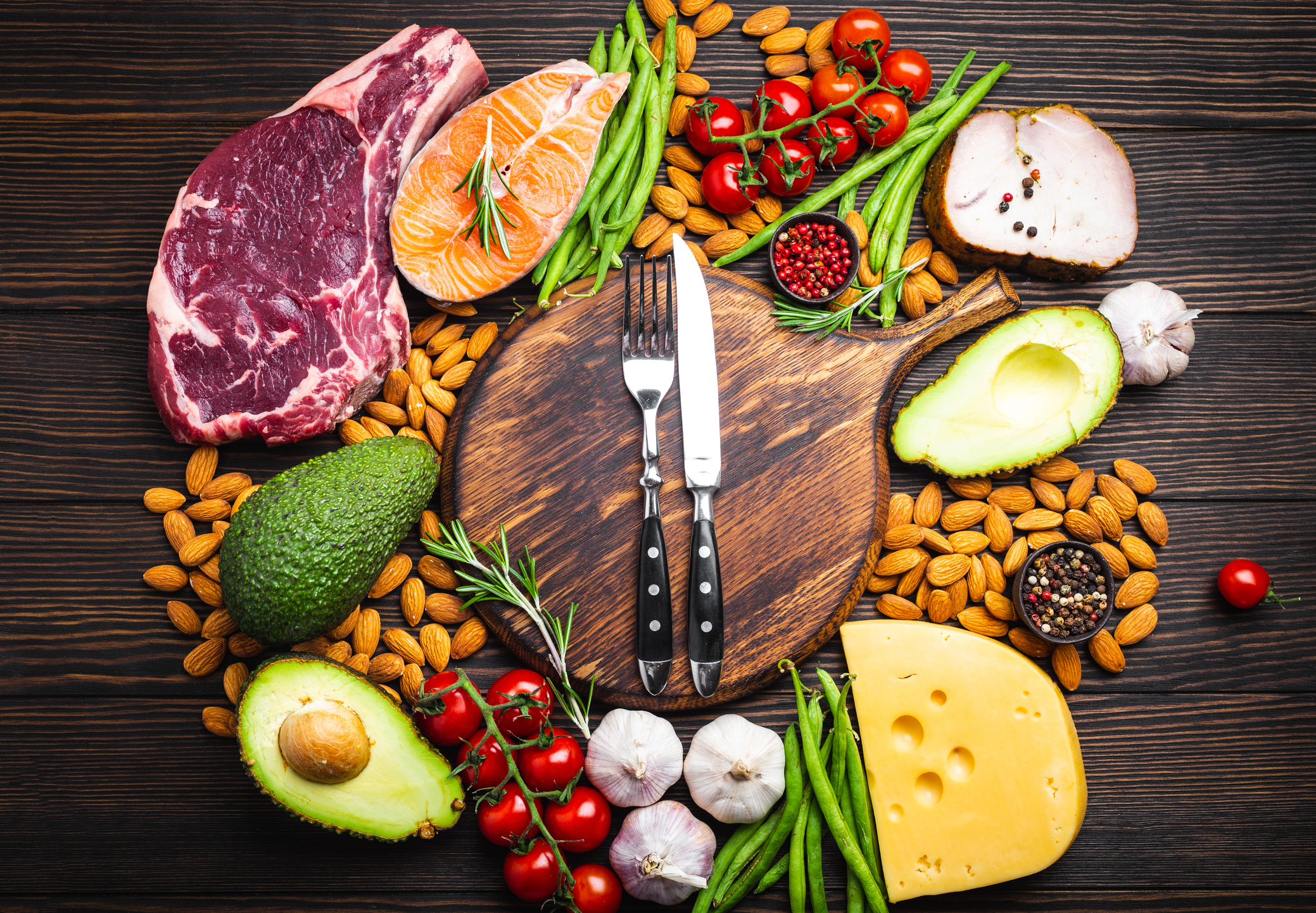Optimum Sports Nutrition


My Opinion On Ketogenic Diets
Q. What’s your opinion of the use of ketogenic diets leading up to a bodybuilding or physique contest?
A. Ketosis is one of the most severe metabolic mistakes in protein synthesis and utilization, including muscle mass accumulation, amino acid uptake, brain function, and adipose tissue fat burning. “Ketosis” comes from the root word “ketones,” which are compounds produced in the liver through the incomplete breakdown of fat. If your goal is to reduce brain capacity and function while increasing body fat and decreasing lean muscle mass, then ketosis is the answer.
Many protein products boast that they don’t contain any carbohydrates, just protein. This is metabolic suicide for protein metabolism and homeostasis. Proteins without carbohydrates instigate a ketogenic state in humans, which reduces the ability of the human body to create maximum muscle mass.
Contrary to popular opinion, specific carbohydrates are mandatory in protein synthesis. Maintaining a regular dietary intake of non-insulin-stimulating carbohydrates combined with protein prevents protein from being used as an energy source and allows protein to be available for its role in building lean muscle mass. Further, an adequate amount of carbohydrates prevents the degradation of skeletal muscle and other tissues such as the heart, liver, and kidneys.
Combining dietary protein with non-insulin-stimulating carbohydrates allows gluconeogenesis to slow down, allowing amino acids to be freed for the biosynthesis of enzymes, antibodies, receptors, and other important proteins that increase muscle size. More importantly, it prevents ketosis.
To prevent dietary ketosis, you would need to consume at least 50 to 100 grams of carbohydrates per day, and when ingesting dietary protein, include an appropriate ratio of protein to carbs that is symbiotic to protein synthesis.
High-protein and/or low-carbohydrate diets slow down metabolism. During high-protein and/or low-carbohydrate diets, weight loss may be realized, but the type of weight that is actually lost includes muscle mass as well as fat.
When muscle mass is reduced in humans in response to ketosis, fat burning slows down and metabolic rates decrease. This results in increased body fat and decreased lean muscle mass. Decreases in lean muscle mass cause resting metabolic rates to decrease, since skeletal muscle requires more energy at rest (and during exercise) than adipose fat tissue.
In terms of added body fat and energy synthesis, fats can only be metabolized (burned) when there is an adequate amount of glucose from carbohydrates present to produce oxaloacetate, which condenses with acetyl CoA in the citric acid cycle. Since fatty acids are degraded directly to acetyl CoA, they cannot be used as an energy source and can be transformed in ketones.
Some dietary amino acids are gluconeogenic—meaning “glucose producing”—while many amino acids are ketogenic and cannot enter the citric acid cycle. Ketogenic proteins include whey protein supplements that provide more than 30 grams of protein and/or whey protein supplements that do not contain appropriate ratios of protein to non-insulin-stimulating carbohydrates.

Ketogenic proteins can be recognized by looking at the label. Here’s what to look for on a label that identifies a ketogenic protein drink or supplement:
- No carbohydrates (or very low carbohydrates)
- Whey protein without a ketogenic blocker
- More than 30 grams of protein per serving
- Artificial sweetener combined with proteins and no carbs
- Calorie-free sweetener combined with proteins
- Soy proteins
Here’s the bottom line: Avoid ketosis. Avoid ketogenic supplements and protein drinks, and avoid ketogenic diets.
Ketogenic diets and/or ketogenic proteins and protein drinks are contraindicated in athletes, and particularly in athletes who need to maintain muscle mass and build lean muscle mass. Ketogenic diets and sports supplements reduce lean muscle mass and prevent the accumulation of maximum muscle mass, particularly in bodybuilders, powerlifters, and participants in physique events. An athlete’s performance and career ultimately depend on adequate muscle mass and fast-brain-response. Thus, athletes cannot afford reduced sports performance due to ketogenic proteins or diets.
Further, high levels of ketones in the bloodstream are dangerous, and low amounts of glucose in the blood can be detrimental to the brain. And, ingestion of ketogenic and high-glycemic proteins exacerbates elevation and disruption of blood glucose and insulin levels in humans, and should be avoided, particularly in persons at risk for obesity and/or type 2 diabetes.
NEVER miss another issue of MUSCLE INSIDER again! Subscribe at this link.

